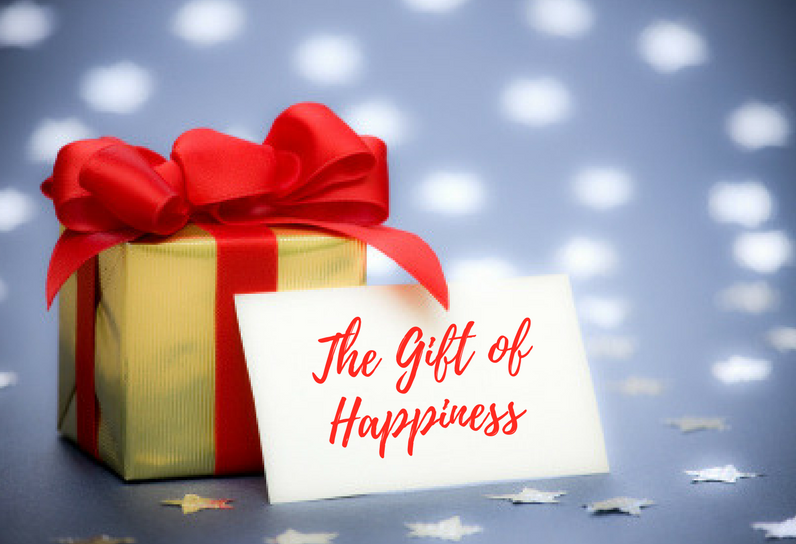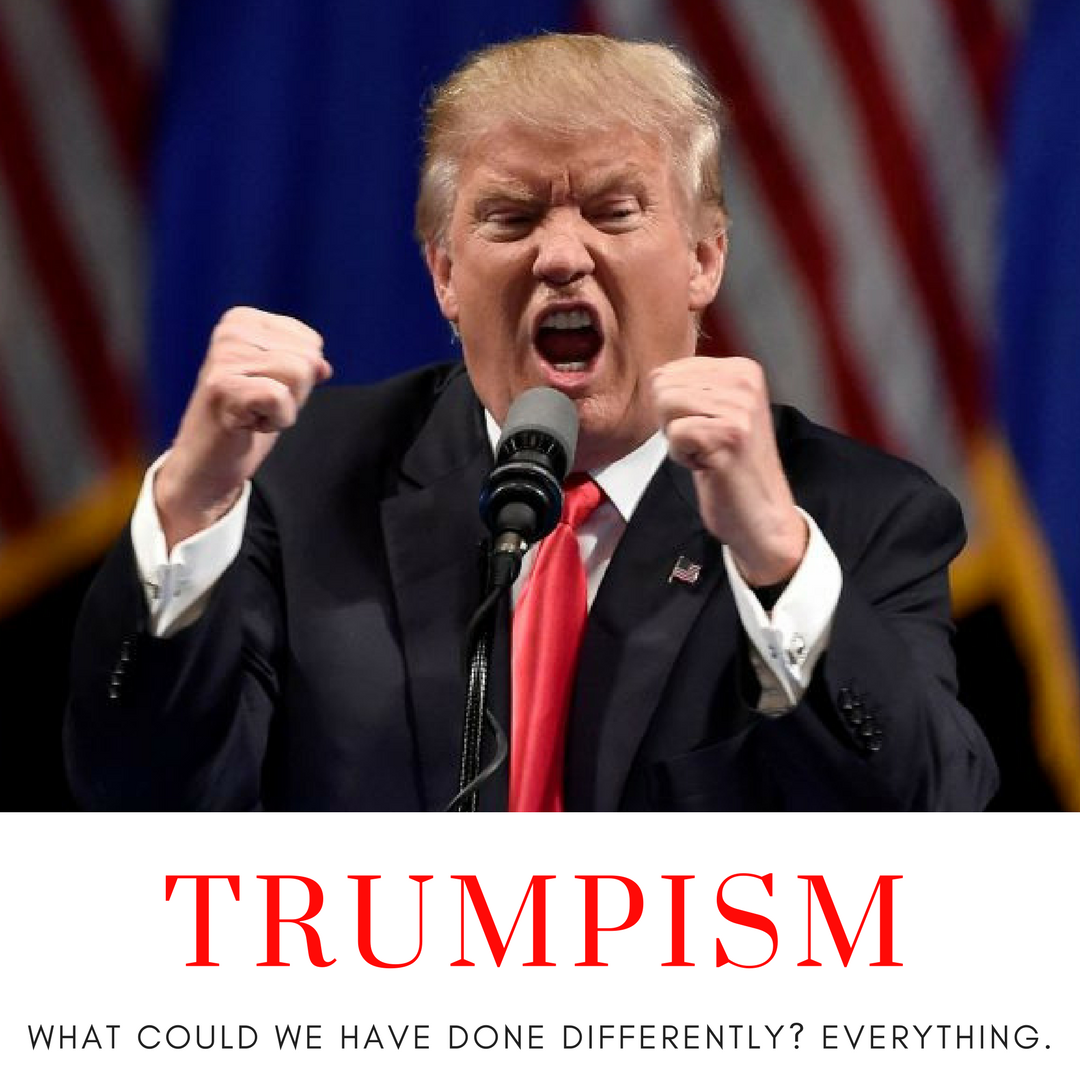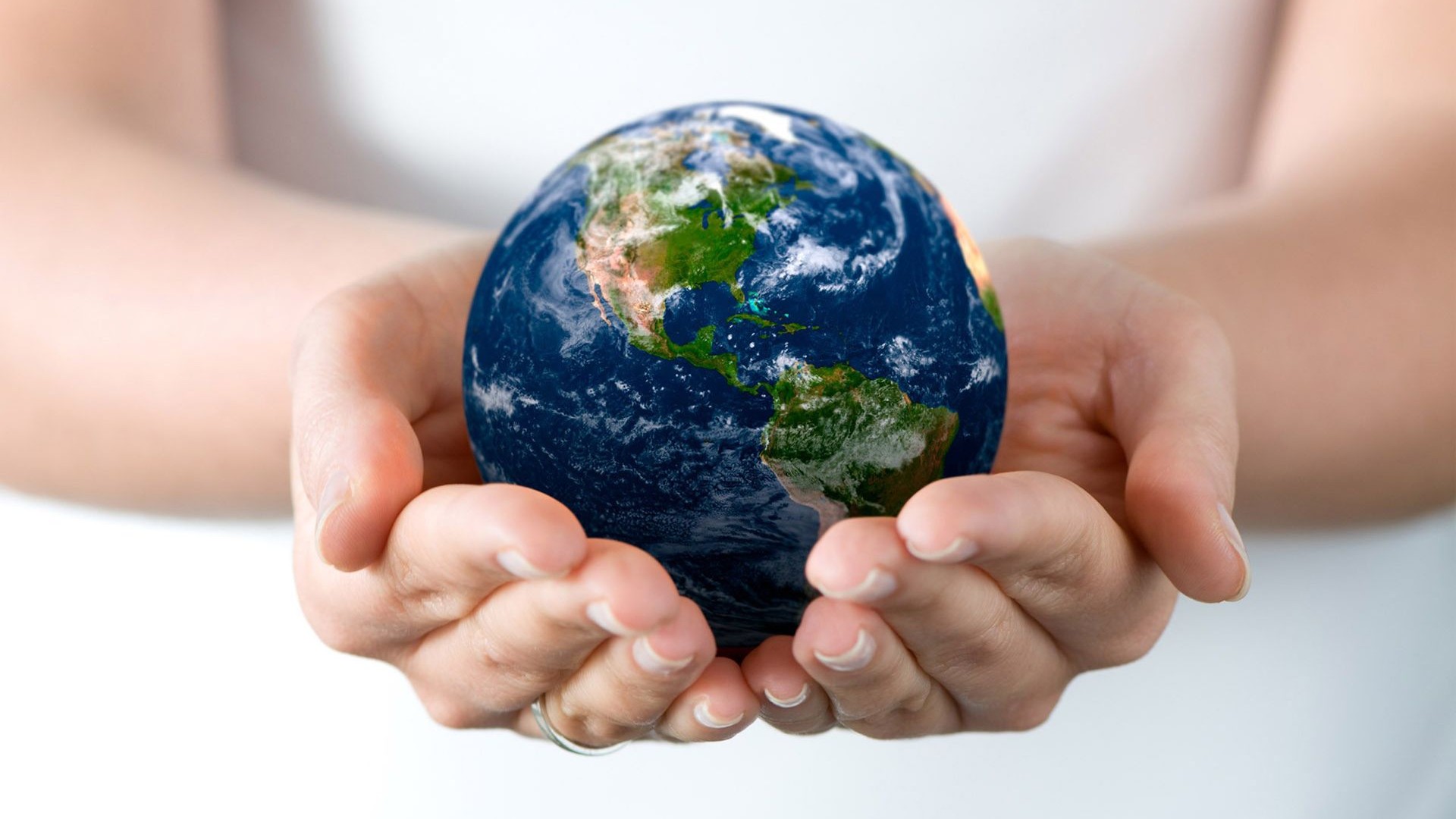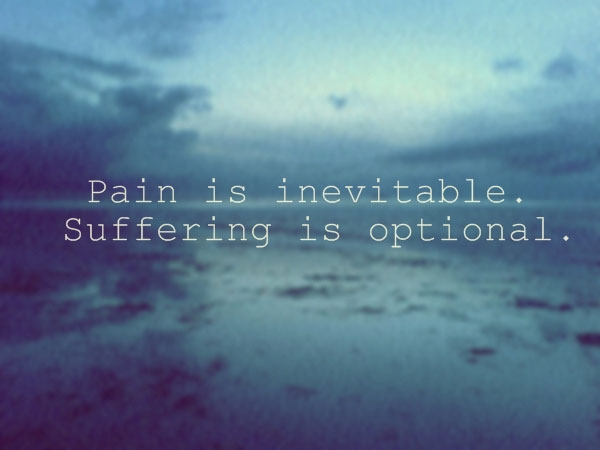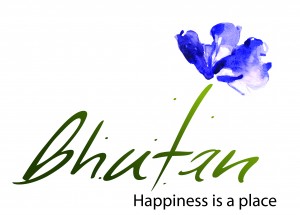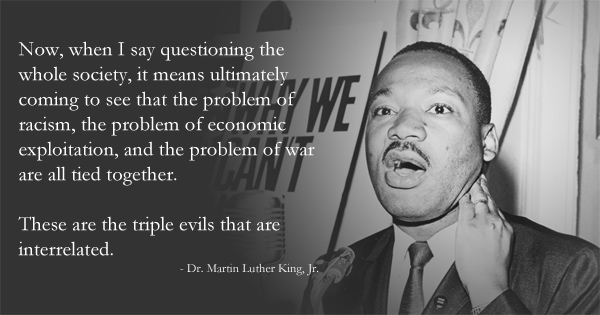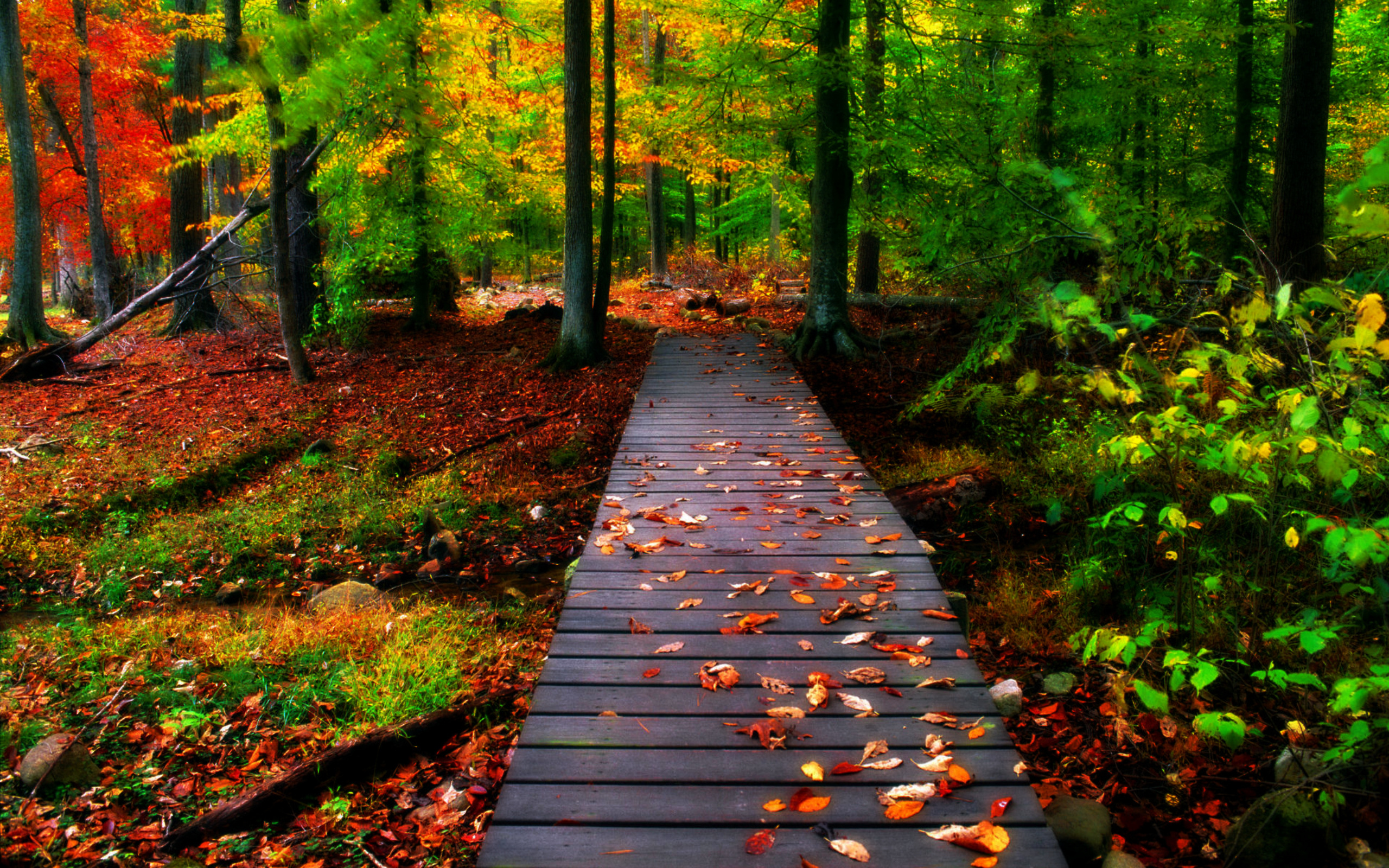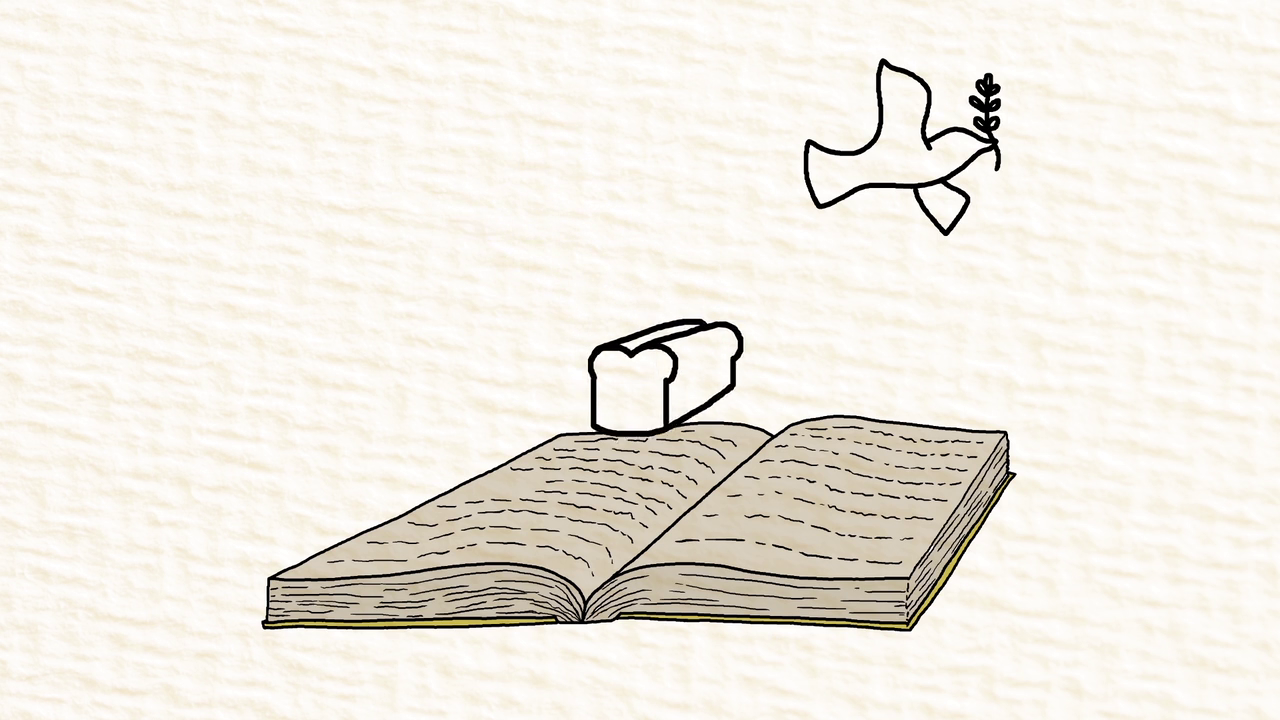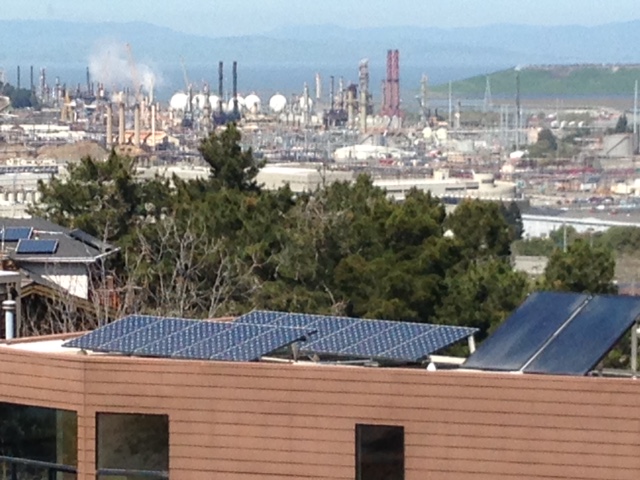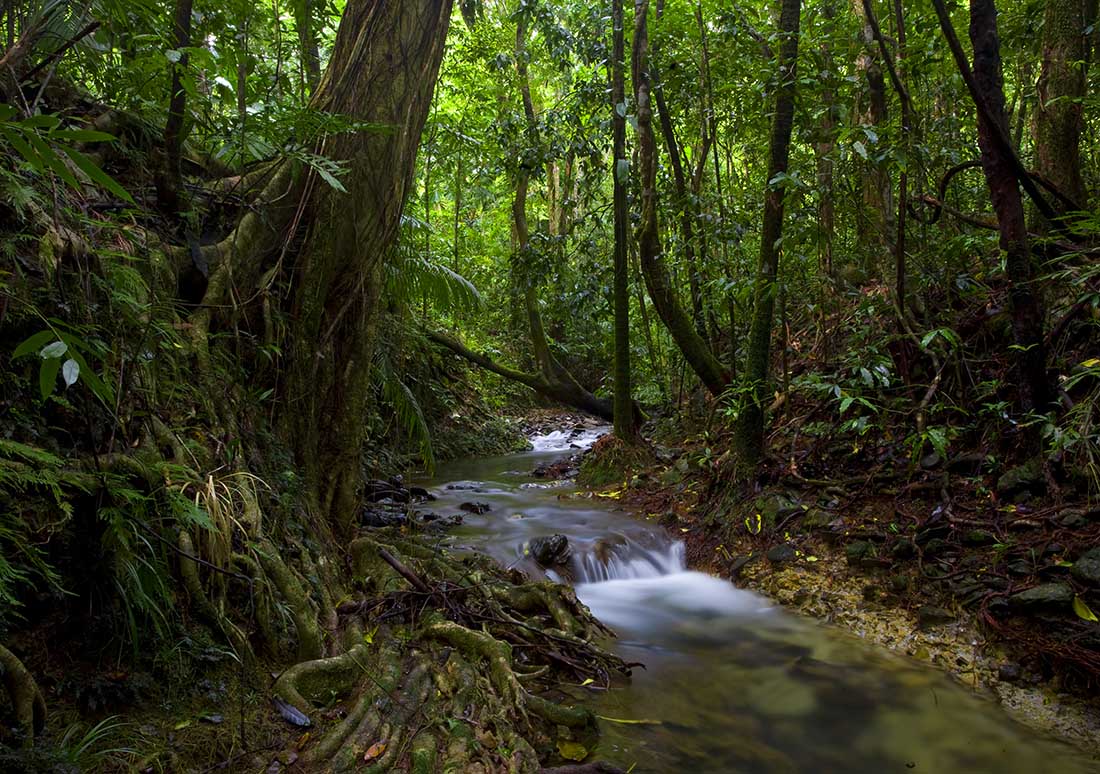To create happiness for our families, and ourselves give gifts that will bring happiness—not hedonic happiness that provide a short-lived burst of personal pleasure (or avoidance of pain).
Give gifts that promote eudemonic happiness, which is based on living a meaningful and worthy life, which includes developing one’s full potential and contributing to others and the community.
How do we do this?
I stopped buying trinkets and gadgets for neighbors a few years ago, and sent them a card saying that we donated to the local food bank to celebrate the holidays in their honor. The neighbors were thrilled, and soon we all started the tradition, even asking each other for suggestions of where to send donations. This allows each of us to pause and ask, “What is important to me? What makes life meaningful and inspiring?”
For family members, I asked if there was something that would help them achieve their spiritual goals, to live a more balanced life, to enjoy life more. For teenagers, we give them money or a gift card to buy school books; for youngsters, we donate to a cause that helped poor people in Africa or Asia and present them with a card that talks about families that need more to eat; for parents, we buy a card at a restaurant for a dinner out. In addition, this is a good time to share things you make. As a ceramic artist, I have ceramic sculptures that my family and friends love to receive. For youngsters who want to open a present, a simple gift that supports their team sport, always brings a smile (and good use). A neighbor who is a master pastry chef delivers holiday cookies for us to enjoy with our grand kids.
You get the idea—the holidays are a wonderful time to give gifts with meaning and love, rather than more stuff to push into the closet (or toss out the door). It is also a time to be grateful for all we have, including food, shelter, family and community. This is also a time to make donations to help people in need, and to help Mother Earth.
Here is what a student submitted to the Berkeleyan Gift Guide for his go-to holiday gift:
I’d like to put in my two cents for your Cal-themed holiday gift guide: Buddhist Economics: An Enlightened Approach to the Dismal Science, by Cal economics professor Clair Brown. It is a wonderful book because it makes an honest appraisal of issues plaguing our world today, and emerges with hopeful, tangible recommendations for solving those issues. Prof. Brown’s book can provide a template not only for how governments and international bodies should act, but also for how we as individuals can navigate our economic lives to create happier, more fulfilled futures for ourselves.
This book is perfect for our friends and family members who spend the holidays reading by the fire, especially those who are frustrated with our current political and economic conditions and want a fresh perspective. Plus, the book is infused with the combination of sterling scholarship and hopeful idealism that is so unique to our university. I think this book would make a great addition to your guide, and I hope you will include it.
